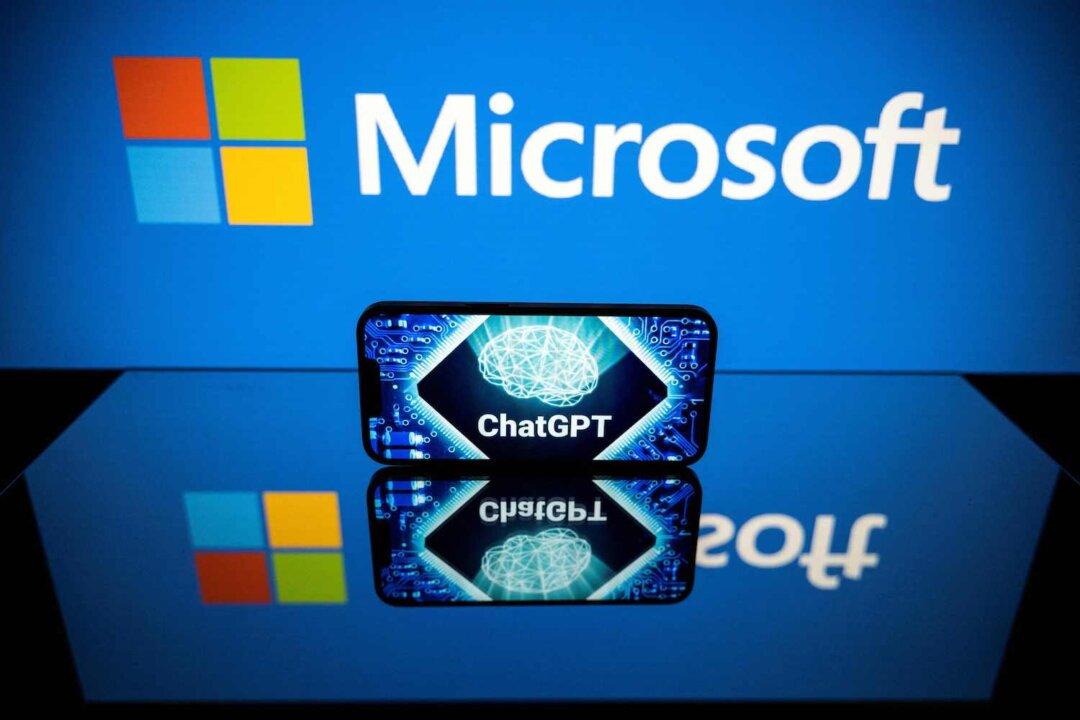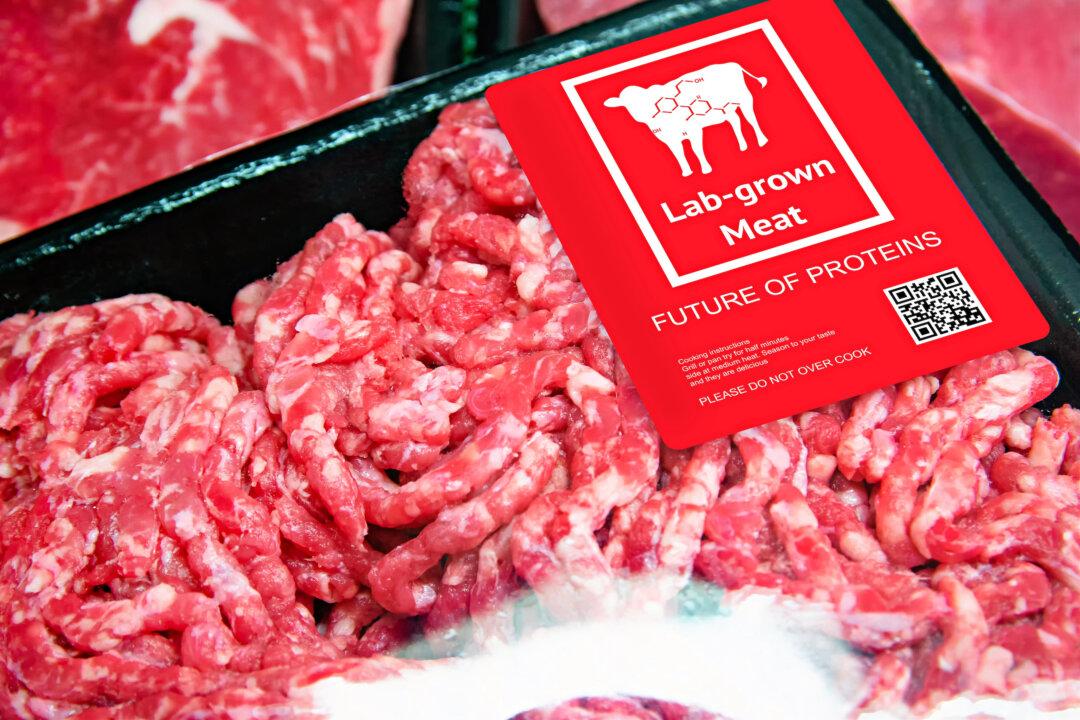Microsoft’s announcement that it will soon begin working with news organizations in adopting “generative” artificial intelligence (AI) has critics worried that the tech giant could use its powerful platform to advance a political agenda ahead of the 2024 election.
Microsoft, which billionaire Bill Gates founded, states it has decided to enter the field of journalism to help create a “healthy information ecosystem,” according to a statement released by the company on Feb. 5.





